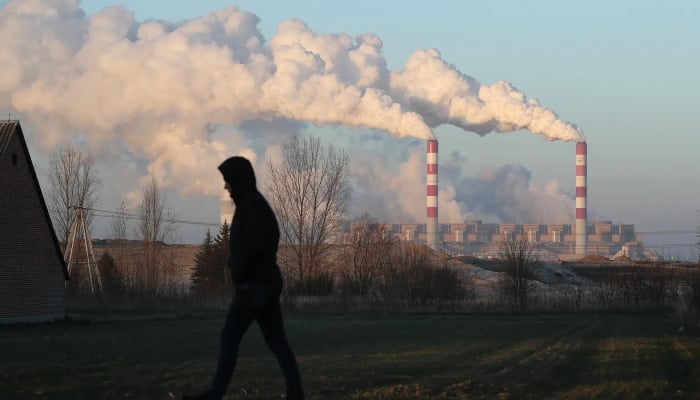
A new study published in Nature says air pollution may be driving lung cancer development in people who have little to no history of smoking.
Exposure to air pollution, other contaminants, and even traditional herbal medicines can contribute to the same genetic mutations that occur in smokers. Lung cancer in never smokers accounts for roughly a quarter of all lung cancer cases.
“We’re seeing this problematic trend that never-smokers are increasingly getting lung cancer, but we haven’t understood why,” said co-senior author Ludmil Alexandrov, a professor of bioengineering and cellular and molecular medicine at the University of California, San Diego, in a statement, per The Hill.
While tobacco use has fallen significantly in parts of the world, lung cancer in never smokers is trending upwards as a proportion of all lung cancer cases. In particular, say the researchers, the phenomenon is more pronounced in women of Asian ancestry, and the rate is higher in East Asian countries.
The researchers examined lung tumors from 871 never-smokers from 28 regions around the world. Specific patterns of DNA mutations, or “mutational signatures,” were identified, serving as a clue to past exposures that drove DNA changes. Using these findings, combined with satellite and ground-level pollution measurements of fine particulate matter, the researchers were able to estimate each participant’s long-term exposure levels.
Never-smokers who resided in more polluted places were found to have far more mutations in their lung tumors, especially those that can lead to the development of cancer. The people living in the more polluted regions had a nearly fourfold jump in mutational signature that is more often associated with smoking.















